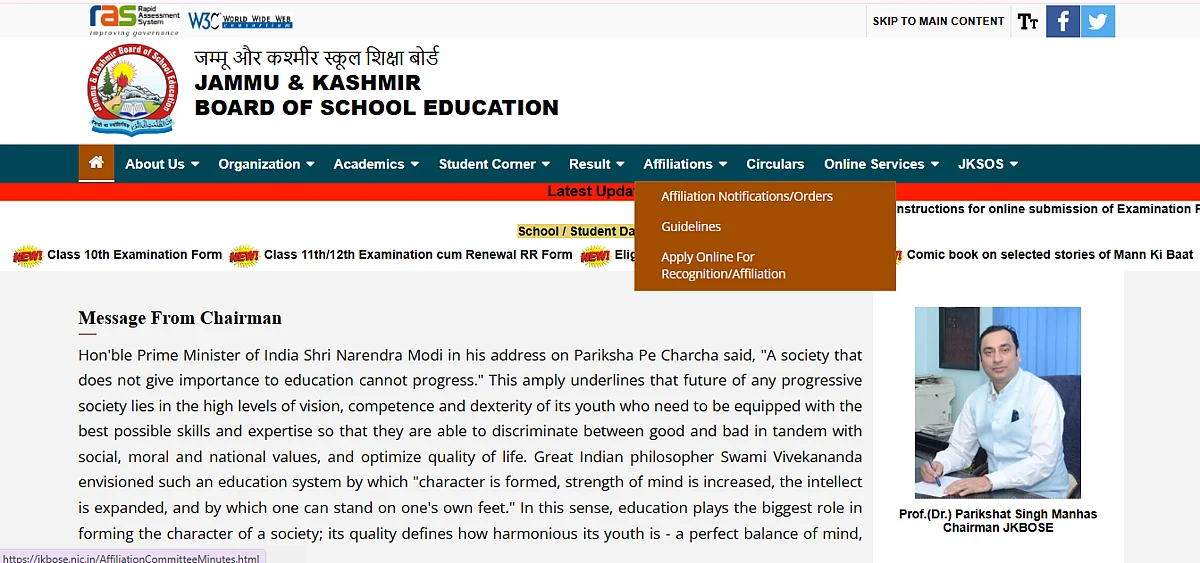A friend phoned the other day: “Sorry, I can’t meet you today. My helpmate hasn’t come.” The egalitarian use of the word “helpmate” pleased my ears and gladdened my soul. She didn’t say that her “servant” or even the better-sounding “maid” hadn’t come. This is something we all must learn while treating our helpmates. “No one is a servant any longer,” stated a famous columnist in her social etiquette column in The Reader’s Digest a few years ago. In fact, the very term “servant” is so demeaning to a person who works at your place. He/she’s paid for the duties discharged. S/he is not an indentured labourer or bandhua mazdoor, who was actually called a “servant” or even worse, a “slave” till the Victorian era. The literal meaning of a servant is “one who serves”. But mind you, one who serves is not at your beck and call. He too has dignity. I read years ago that General Gopal Bewoor of the Indian Army heard a Brigadier’s wife say in an army party, “My orderly is not very punctual.” Gen Bewoor politely told her that he was not her “orderly”. He was her husband’s sahayak (assistant). He was a companion, a helpmate to her husband and even her husband had no right to talk disparagingly of him, much less the lady. The General drove home his point.
It’s imperative to remember that the former Air Marshal Subroto Mukherjee, who died in Tokyo, Japan in 1960 when a piece of bone got stuck in his windpipe, wanted to abolish the very concept of sahayak from all three divisions of the Services: Army, Navy and Air Force. He found the tradition of sahayak to be infra-dig to an individual. “Why should anyone tie your shoes in independent India?” he had said. Every individual has a sense of dignity and importance. One could be a sweeper. But he too has his individuality. “Har zarra apni jagah pe aaftaab hai” (every particle is the sun in its own right). In Persian, there’s a word, “nizna’auf” for a servant. The Persian prefix “Niz” means “your very own/dear” and “na’auf” connotes “person”. In other words, a “nizna’auf” is a very dear person, who’s integral to someone’s life. What a beautiful and respectable term for the outright demeaning “servant”! In Arabic, a servant is called a “banda”, which has other ramifications and connotations. “Banda” also means trustworthy and honest. In 2007, a panel of lexicographers at Oxford Dictionary House, London, decided to retain the word “servant” but stating that it was a condescending word, if not objectionable. We tend to treat those who work at our place as if they’re gentiles, untouchables (achhoot) or pariahs. We don’t treat them on a par with our “respectable” friends and guests. “Naukrani”, “kaamwali” and “bai” are the terms we so nonchalantly use for them. All these terms reek of unmitigated condescension and disrespect. Another such term is “mahari” — a word actually associated with a migrated Maharashtrian community based in Malwa, Mhow and Indore. This was fallaciously considered to be a socially low community as its poor women used to work in homes. Dr Bhimrao Ambedkar belonged to this community and when historian and Buddhism scholar Rahul Sankrityayan objected to the rampant and inconsiderate use of the word mahari indicating the associated social group, people criticised him for being a false sympathiser. He wasn’t. What he objected to then is still relevant. It’s a kind of socio-racial profiling. Until we give utmost respect to work of any kind, we’ll continue to treat people on presumed premises of higher and lower hierarchy. We must change our attitude towards those who work at our places and treat them as independent individuals, if not members of our families.
In a nutshell, we all must have an egalitarian attitude and exalted approach towards those who work at our homes. But the question remains, how many people will use “helpmate” instead of “servant”? As no one is born to serve anyone in particular, hence it has indeed become necessary to remove these words from our mentality. It is the work that they do, matters the most. There’s a better way to put this across: “Do your work and go home.”
My own cook, a lady, likes to be called a “bai”. When I asked for her name one day, she didn’t respond, as if I may choose anything that I like to call her, although she has a beautiful name, Meera. It implies that the “great unwashed” of our great country are really not concerned about themselves. Their behaviour at work is often derived from the treatment they receive elsewhere. They do not expect you to be sensitive to the work that they do. So my “cook” (I wonder what she cooks at her home) thought that eventually we would respond the same.
For helpmates it is necessary for them to know the people they work for. It can be said for the employers as well. However, if you try to improve their work it will be called an intrusion. I don’t think it’s just about calling them with a particular colonial term that will help their case. I tried to manage the food that Meera cooks and in return she taught me a lesson in mannerisms. I was opposed by some people and my paradigm shifted to the north pole!
The point is: All these derogatory terms of address can be dispensed with if we’re serious about their removal and those people should also be serious for whom these terms were being used for centuries.
Sumit Paul is a regular contributor to the world’s premier publications and portals in several languages











